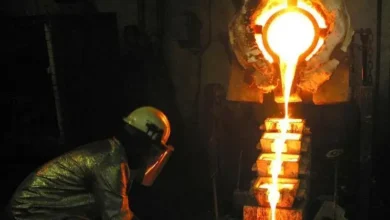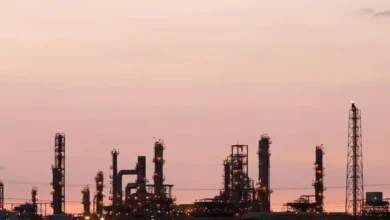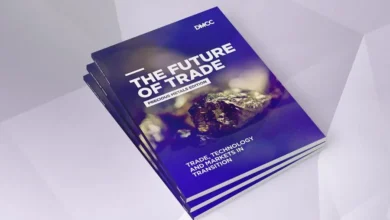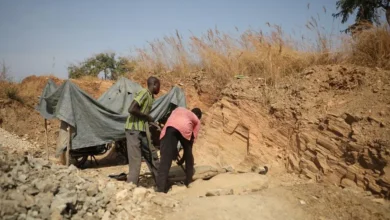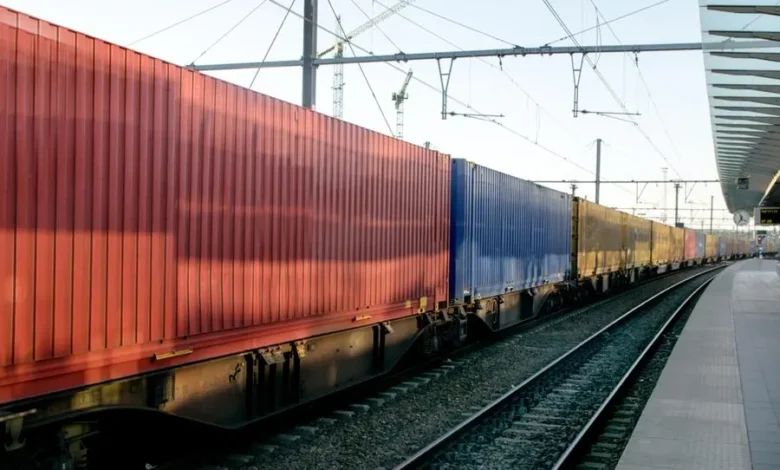
The 360-km railway project will connect mining sites in Jordan with the industrial port and phosphate port in Aqaba
Staff Writer, Zawya Projects
Etihad Rail, the developer and operator of the UAE National Railway Network, signed two Memoranda of Understanding valued at $2.3 billion with Jordan’s transport ministry and local companies to build, operate and maintain a mineral railway network in the Hashemite Kingdom.
The agreements form part an investment memorandum signed between the investment ministries of the two countries to cooperate in the railway sector.
Etihad Rail said in a press statement that it has signed memorandum of understanding (MOU) with the Jordanian Ministry of Transport to explore development and operation of a 360-kilometre railway network linking the country’s phosphate and potash mines to its Port of Aqaba.
The statement said two additional MoUs were signed with Jordan Phosphate Mines Company and Arab Potash Company to transport 16 million tonnes of phosphate and potash annually from mining sites to the Port of Aqaba via the Jordanian railway network.
The project is anticipated to start operations by 2030 with detailed study on railway alignment and the handling requirements for potash and phosphate expected to be completed by the end of 2025 followed by the issue of construction tenders in 2026.
The railway route will commence at the phosphate port and the industrial port in Aqaba, extending northward to Wadi Al-Yatam and then to Shidiya. Another route will branch westward from Wadi Al-Yatam to Ghor Al Safi through Wadi Araba.
The MOUs also cover the manufacturing and supply of rolling stock, construction of loading and unloading terminals in Aqaba, Ghor Al Safi, and Shidiya and the maintenance, repair, and operation of the mineral railway.
The project will be implemented under the Jordanian Investment Fund Law.
(Editing by Anoop Menon) (anoop.menon@lseg.com)
Subscribe to our Projects’ PULSE newsletter that brings you trustworthy news, updates and insights on project activities, developments, and partnerships across sectors in the Middle East and Africa.

